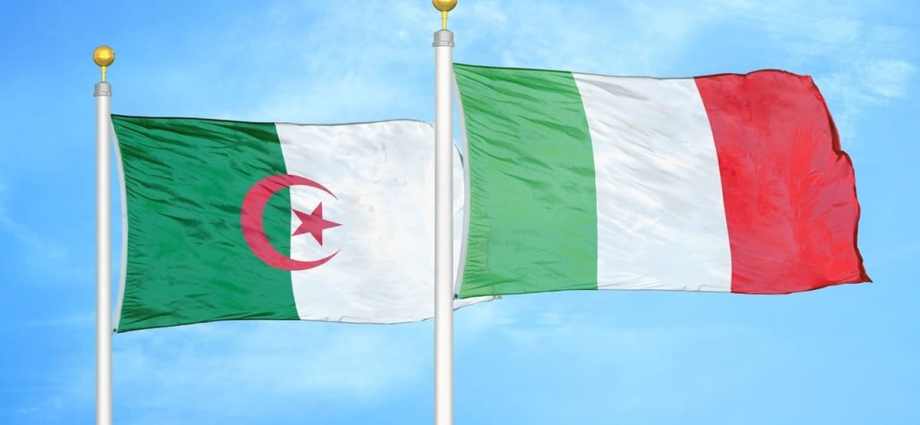“`html
EU Greenlights Medlink: Algeria-Italy Renewable Energy Project Gets Priority Status
Ambitious Cross-Border Electricity Link Approved as Key EU Renewable Initiative
In a significant move for North African-European energy cooperation, the European Union has officially designated the Medlink electricity interconnection project between Algeria and Italy as one of its priority renewable energy initiatives. The landmark decision, announced on July 29th, positions Algeria as a potential green energy exporter to Europe through this strategic infrastructure project.
The Medlink Project: Bridging Continents With Clean Energy
The ambitious Medlink initiative aims to establish a high-voltage submarine cable connection capable of transmitting 2,000 megawatts of renewable electricity from Algeria to Italy, with potential distribution across European markets. The project forms part of a broader 10-gigawatt renewable energy development plan encompassing solar, onshore wind, and battery storage infrastructure across both Algeria and Tunisia.
“This isn’t just about cables and megawatts,” explains energy analyst Marco Bianchi. “Medlink represents a fundamental shift in Europe’s energy partnerships – transitioning from fossil fuel imports to renewable energy collaboration with North Africa.”
From Presidential Proposal to EU Priority
The project first gained political momentum during Algerian President Abdelmadjid Tebboune’s state visit to Italy in May 2022. During the three-day visit, President Tebboune publicly proposed the underwater cable concept, stating: “We have proposed the realization of a submarine cable between Algeria and Italy, through which we could supply Italy and part of Europe with electrical energy.”
The recent EU validation follows intensive bilateral discussions between Algeria and Italy, with both nations emphasizing in a joint statement the “importance of energy transition and a strong, sustainable partnership on renewable energy development, including green hydrogen and electricity.”
Strategic Implications for Energy Security
The Medlink project forms part of a constellation of energy initiatives between Europe and North Africa, including the parallel “South H2 Corridor” green hydrogen project. Together, these projects aim to:
- Diversify Europe’s energy sources amid geopolitical uncertainties
- Leverage North Africa’s abundant solar and wind resources
- Support Algeria and Tunisia’s domestic renewable energy transitions
- Create new economic opportunities through energy exports
Energy economist Dr. Leila Amrouche notes: “For Algeria, this represents a strategic pivot. The country has long been an energy exporter, but Medlink signals a transition from hydrocarbon dominance to renewable energy leadership in the region.”
Technical and Logistical Challenges Ahead
While the political endorsement marks a crucial step forward, significant hurdles remain before the first electrons flow across the Mediterranean. The project will require:
- Massive infrastructure investments in both generation and transmission
- Complex marine engineering for the deepwater cable installation
- Harmonization of regulatory frameworks between multiple jurisdictions
- Development of supporting renewable energy projects across Algeria
Industry observers suggest the project could take 5-7 years to reach operational status, assuming sustained political will and financing commitments from all parties involved.
A New Era of Euro-Mediterranean Energy Cooperation
The EU’s validation of Medlink as one of only 13 priority cross-border renewable projects signals Brussels’ commitment to deeper energy integration with North Africa. As Europe accelerates its decarbonization efforts while seeking alternatives to Russian energy imports, projects like Medlink could redefine trans-Mediterranean relations for decades to come.
With Algeria’s vast solar potential and Italy’s role as an energy gateway to Europe, this project may well become a blueprint for future renewable energy collaborations between continents. As one EU energy official remarked: “The Mediterranean isn’t just a sea that separates us – it’s becoming the cable that connects our clean energy futures.”
“`


